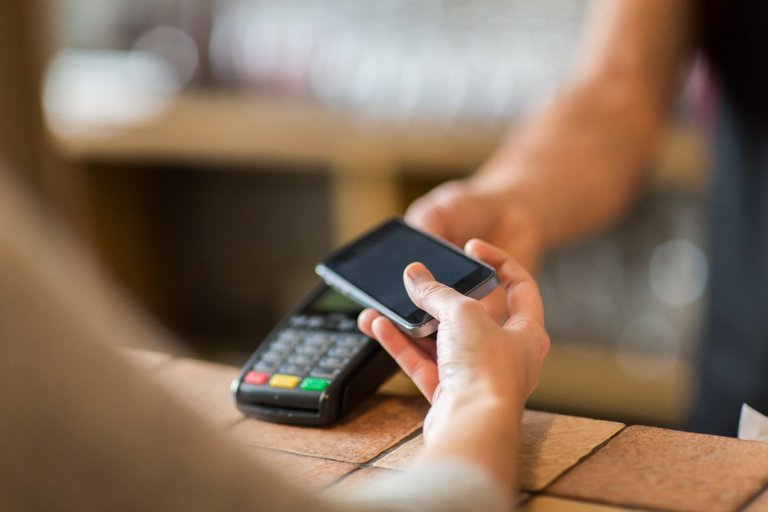
No doubt about it: Bitcoins are still unusable as a sole means of payment for normal goods on the internet, since too few retailers accept the digital currency. Nonetheless they can now be used to pay for some everyday items — and the number is growing. Here’s an overview.
Offering Bitcoins as a means of payment is still really complicated for retailers at the moment. There are several different causes for this, and they are similar to the reasons why foreign currencies such as US dollars or pounds sterling are not accepted. Changing cryptocurrencies into euros is very expensive. Most retailers would have to adapt their POS systems, and this is not yet worth it. In addition there are extreme fluctuations in the exchange rate, which means that prices have to be recalculated every day. Thanks to modern algorithms, that’s not a problem for large online platforms, but it’s much more difficult for a small retailer. Nevertheless, the number of shops which accept Bitcoins as a means of payment is slowly but surely increasing. In Germany alone, there are already around 200. These include not just restaurants, bars and tax advisers but also a bouncy castle hire company in Mecklenburg-Western Pomerania and the Flirt University in Cologne.
Some things already work online
The situation is even better on the internet. Companies which accept Bitcoins include, for example, Amazon’s competitor Rakuten, travel website Expediaand Microsoft. The online marketplace eBay is also considering Bitcoin as a means of payment in the medium term. And organisations such as Greenpeace and Wikipedia are happy to accept donations in the form of Bitcoins. Last but not least, there are around 1900 ATMs worldwide where Bitcoins can be “withdrawn” in cash — though in Germany these are in scarce supply. Still, they’re handy for Germans. Pizzas ordered from Lieferando can be paid for with Bitcoins — although this always leaves a bitter aftertaste, thanks to huge fluctuations in the exchange rate. The story about programmer Laszlo Hanyecz paying 10,000 Bitcoins for two pizzas in 2010 has spread all over the world. Today* the Bitcoins would be worth around 730 million euros.
The future lies with Dash and BitShares

In fact, according to experts such as Payger founder Christoph Hering (@chris4210), it is not Bitcoins which should be the cryptocurrency for everyday payments in the future but other digital currencies such as Dash or BitShares. One reason for this is the high exchange rate, which also leads to higher transfer charges. Another reason is that the Bitcoin network can currently only manage around three transactions per second, which with more extensive use would inevitably lead to overloading and longer waiting times. One thing is certain, however: payments with Bitcoins, Dash and the like will become even easier in future with smart wallets like Payger.
“It is our goal to be a trustworthy partner for our customers when making transactions with digital currencies of all types. Payger will be able to do that in the future.”
Handy links
Search engine listing shops, restaurants and online retailers which accept Bitcoins https://www.btc-echo.de/bitcoin-akzeptanzstellen/
Maps showing places where Bitcoins are accepted locally http://coinmap.org/#/map/48.17936496/11.48517609/13
This article has been original published in March 22, 2018 by Payger
I agree, BTC is not really suitable for everyday payments.
Bitshares and Dash could handle the traffic.
Hi! I am a robot. I just upvoted you! I found similar content that readers might be interested in:
https://medium.com/@PaygerHQ/cryptocurrencies-where-bitcoin-already-functions-as-means-of-payment-dc145e9ac064
Chris! I need to follow you also on medium to read more of your helpful articles 🙏
Thank you. Please also follow us on Medium for more insights into crypto for payments.
Schon gemacht! 🙌
Posted using Partiko iOS